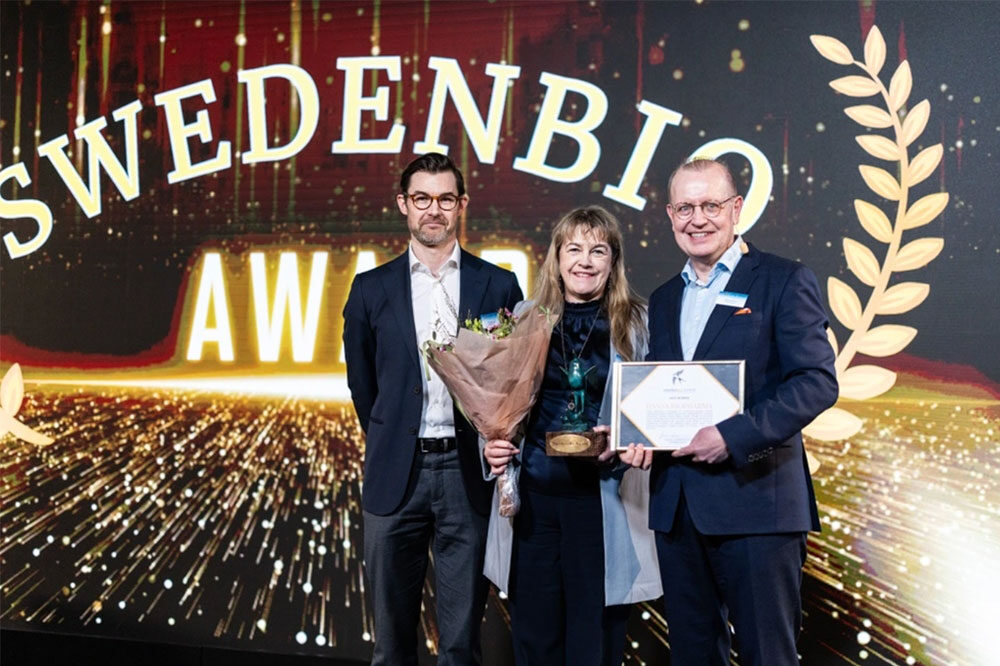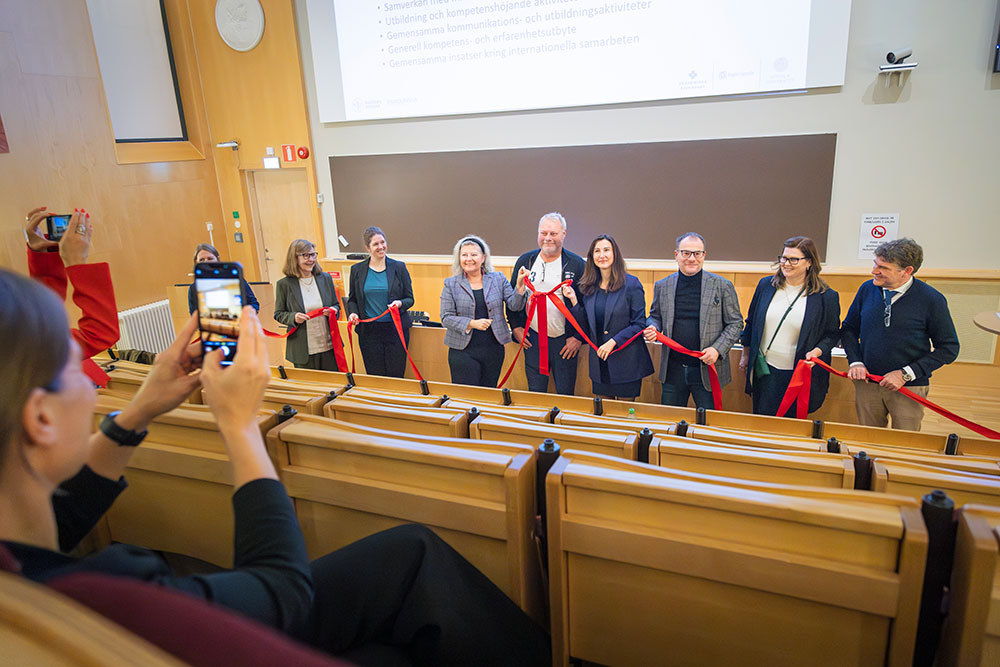#WAAW: The Swedish government’s new strategy against AMR

This strategy, presented yesterday by the Minister of Health and Social Affairs, Jakob Forssmed, has a 10-year perspective in order to create predictability and sustainability in the continued work.
Strategic work against antimicrobial resistance (AMR) is essential to continue to have access to effective treatments, but also to prepare Sweden for peacetime crisis situations, heightened preparedness and war, states the government’s in their new strategy.
Effective work therefore requires joint efforts, but also an understanding of the different starting points and conditions that prevail in each sector. Antimicrobial resistance is therefore not only a public health issue, but also a security and supply issue with consequences for the entire society.
A 10-year perspective
The strategy has a 10-year perspective to provide various actors with the conditions to work long-term on issues that can contribute to implementing the vision “A society where access to antimicrobial treatment is preserved through cross-sectoral and sector-specific efforts to prevent infections and limit the emergence, spread and consequences of resistant microorganisms.”
The strategy will be supplemented by an action plan that relevant authorities have been tasked with developing in collaboration with other actors. The action plan will contain activities for the implementation of the interim goals set out in this strategy.
In 2029, a new high-level meeting within the UN General Assembly will be held on the theme of antimicrobial resistance and in 2030, the EU Council Recommendation8 will be implemented in the EU Member States. It is reasonable to consider adjusting Sweden’s strategy after this if such needs arise.
Towards the end of the strategy period, a major follow-up and evaluation should be carried out to decide on the design of the continued work against antimicrobial resistance in Sweden.
Published: November 18, 2025












